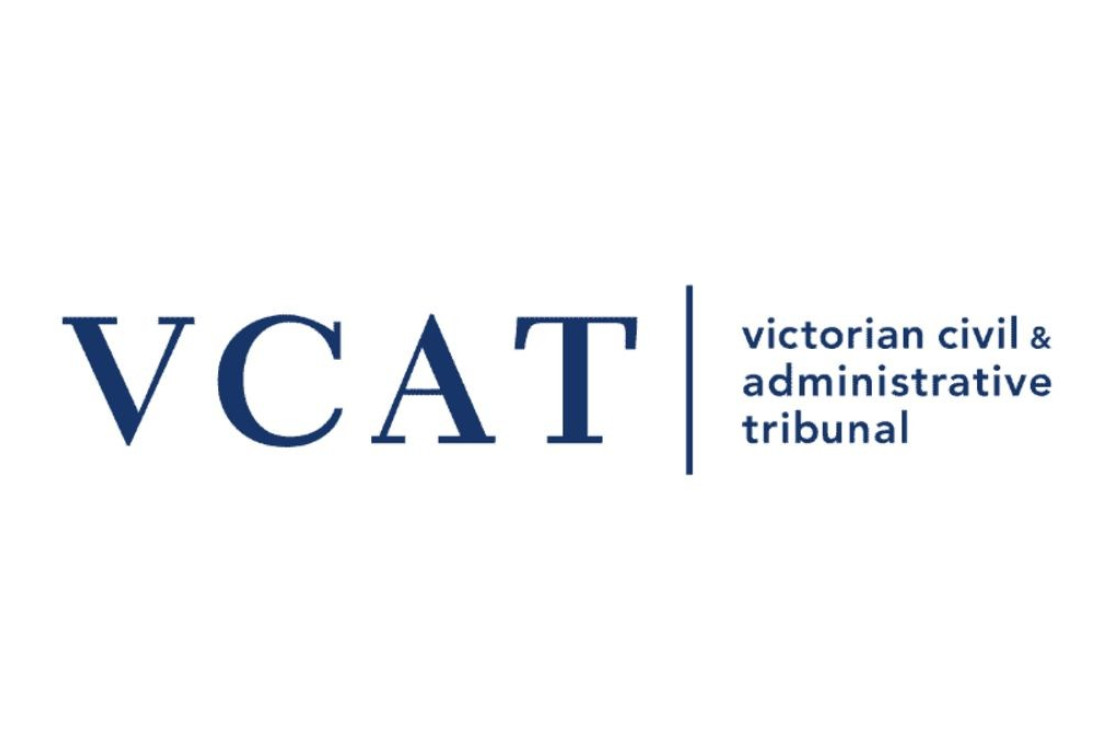General News
30 October, 2023
Paramedic deprived Maryborough woman of survival chance after refusing to perform CPR, VCAT finds
A paramedic who refused to resuscitate a 70-year-old patient and “deprived her of any chance of survival” has been banned from applying for registration as a health practitioner for five years. At a hearing last week, the Victorian Civil and...

A paramedic who refused to resuscitate a 70-year-old patient and “deprived her of any chance of survival” has been banned from applying for registration as a health practitioner for five years.
At a hearing last week, the Victorian Civil and Administrative Tribunal (VCAT) found former paramedic Rick Clark engaged in professional misconduct, including failing to provide adequate clinical care, by choosing not to provide CPR to the Maryborough woman.
Mr Clark was one of the first paramedics on scene shortly before 11 am on July 20, 2020, where the 70-year-old was conscious but making “incomprehensible sounds” after collapsing on a bench at Lake Victoria.
An investigation by Ambulance Victoria found Mr Clark’s actions in the first 27 minutes were “reasonable and appropriate to the expected skill level” in terms of care provided to the patient.
However, the investigation also found that at 11.25 am when the woman went into cardiac arrest, “Mr Clark (incorrectly) formed the view” she was flatlining.
Mr Clark spoke to his partner paramedic and two colleagues who arrived shortly beforehand, suggesting they should not attempt to resuscitate the patient.
According to the tribunal, this ignored the concerns expressed by one of the paramedics who said it “did not feel right” and “it feels awful” not to attempt resuscitation.
Mr Clark’s view that the woman was flatlining was not supported by an electrocardiogram which recorded a present, albeit slower than normal heartbeat.
The machine was still recording a heartbeat when Mr Clark recorded the woman’s death at 11.32 am.
Mr Clark told Ambulance Victoria in a case review following the incident that he did not pursue resuscitation because the woman was overweight, close to the edge of the water, her COVID-19 status was unknown and there was bird faeces on the ground.
Mr Clark was suspended following the incident and resigned as a paramedic in December 2020. He is now working in an “unrelated field”, according to the tribunal.
“It is apparent that, at the time of the Ambulance Victoria investigation, Mr Clark was defensive about his actions — believing he was right to withhold resuscitation — and consequently lacked any real remorse or insight,” the tribunal said.
“We are comfortably satisfied that the allegations have been proven and the conduct engaged in by Mr Clark amounts to professional misconduct in each case.
“While mistakes can of course be made in the hectic and stressful situations that confront paramedics, often on a daily basis, Mr Clark’s lack of self-awareness and professional humility meant that critical opportunities to remedy the situation were lost.”
The tribunal ordered Mr Clark be disqualified from applying for registration as a health practitioner and prohibited him from providing any health service involving the provision of care to a person until 2028.
“While the provision of cardiopulmonary resuscitation (CPR) may or may not have resulted in [the patient] surviving her cardiac arrest, Mr Clark’s decision not to commence resuscitation deprived her of any chance of survival, was inconsistent with relevant guidelines and was substantially below the standards expected of a paramedic of an equivalent level of training and experience,” the tribunal stated.
In a letter to the tribunal, Mr Clark’s lawyer stated decisions about the woman’s care were made jointly by other paramedics, not exclusively Mr Clark, but noted “aspects of the patient’s management should have been done differently” and that Mr Clark accepted his role in the outcome.